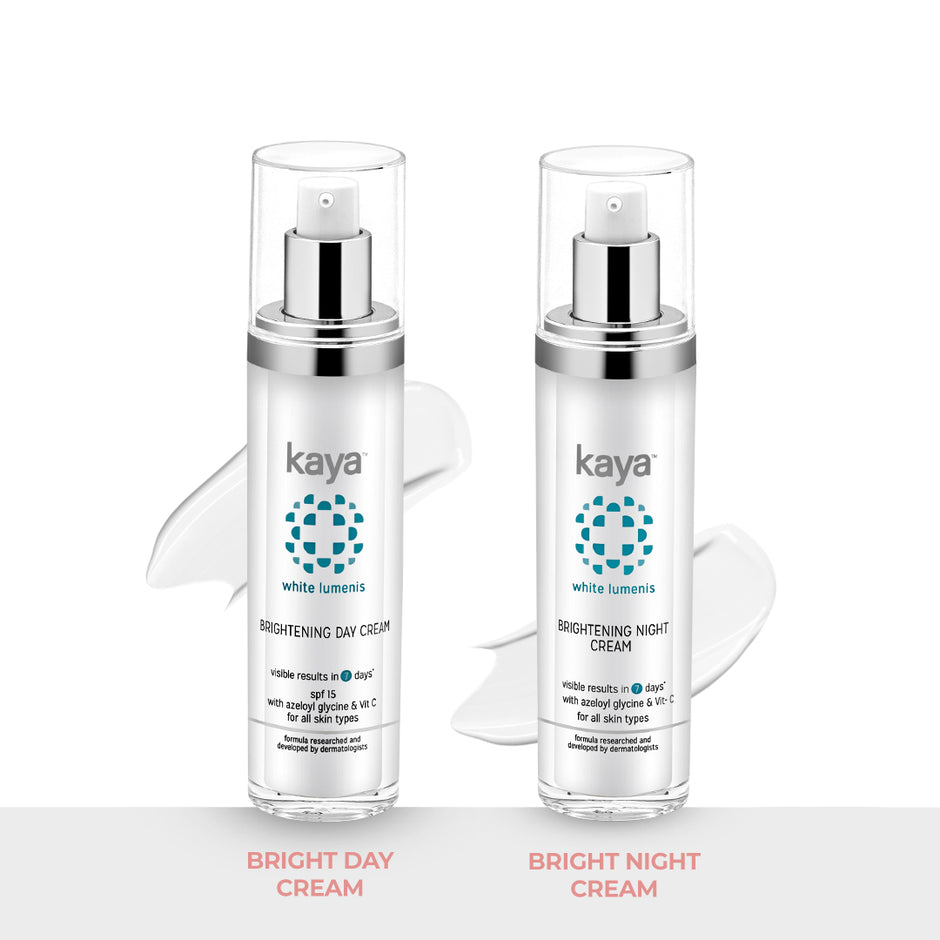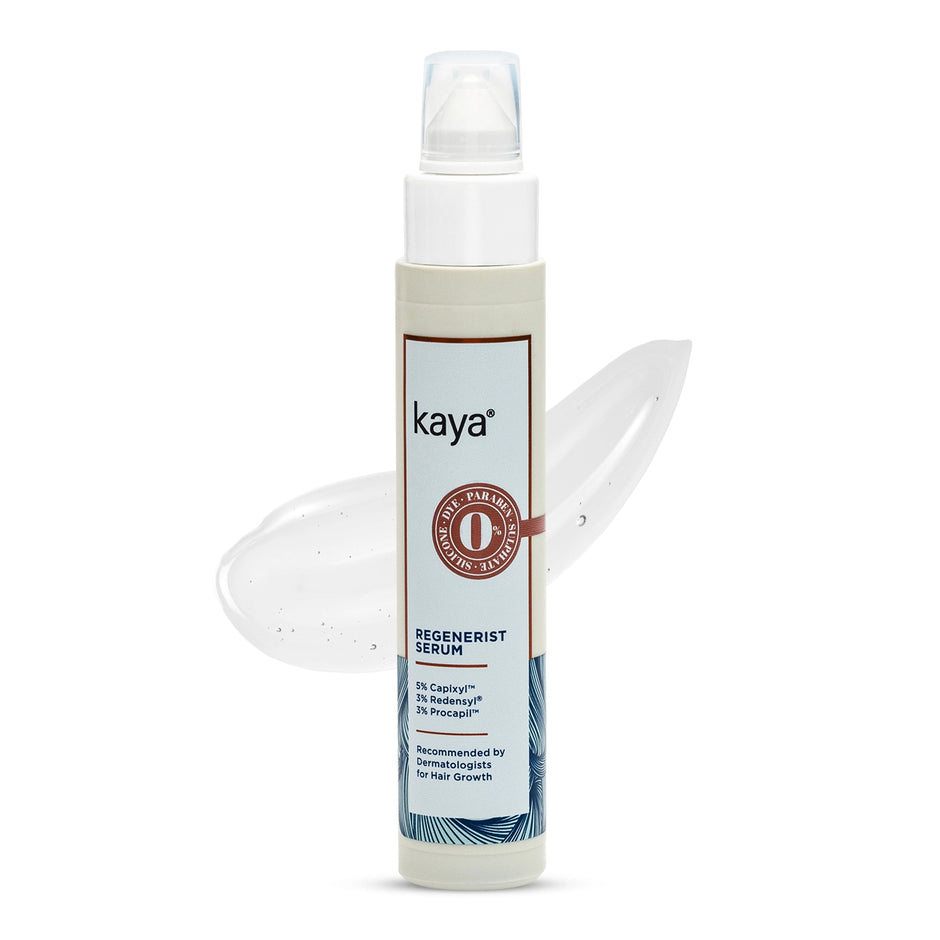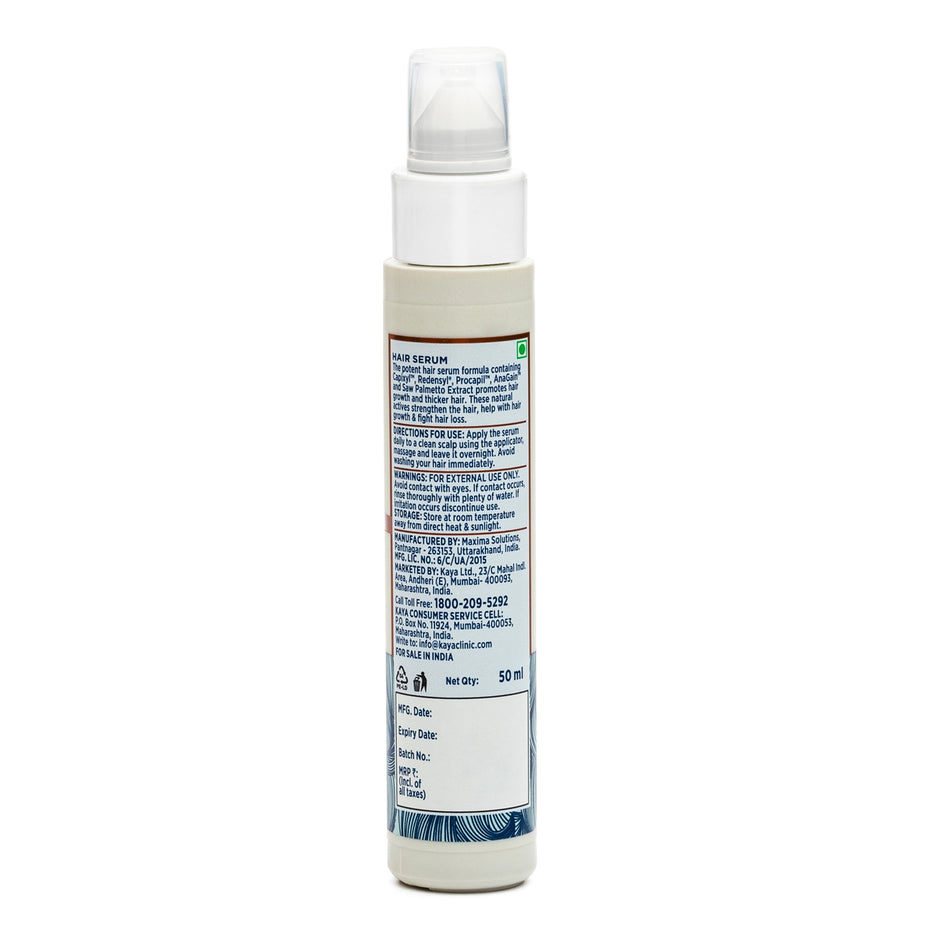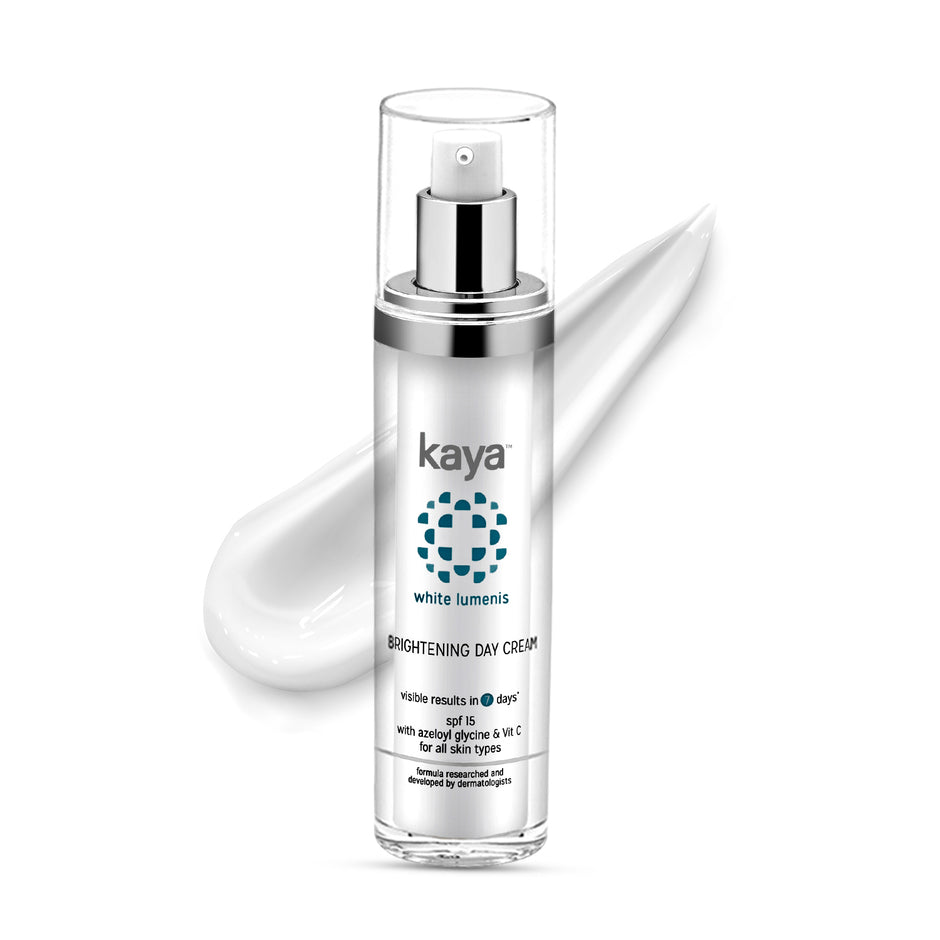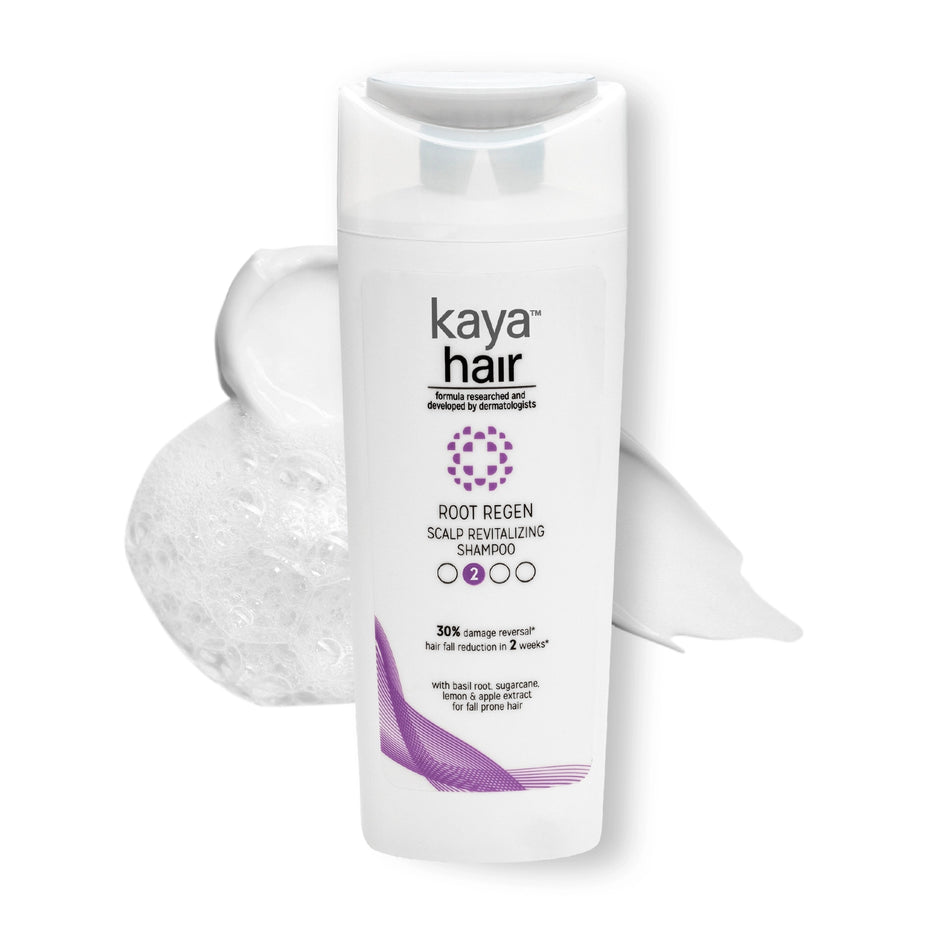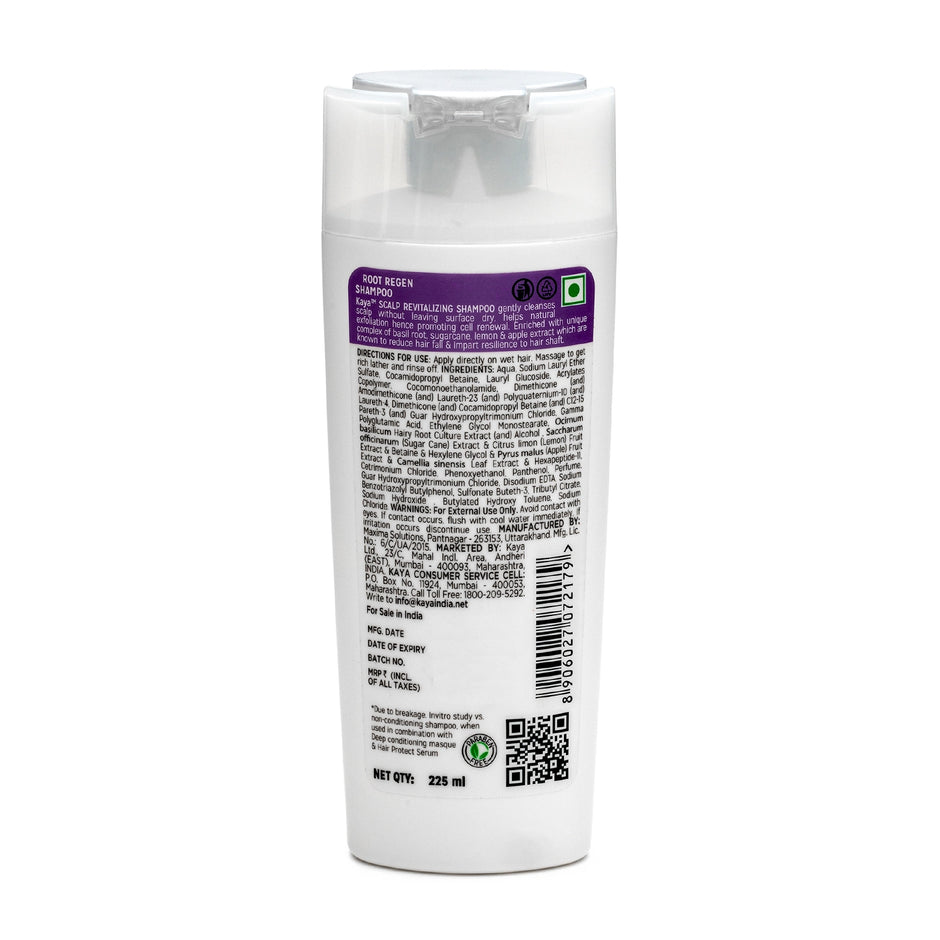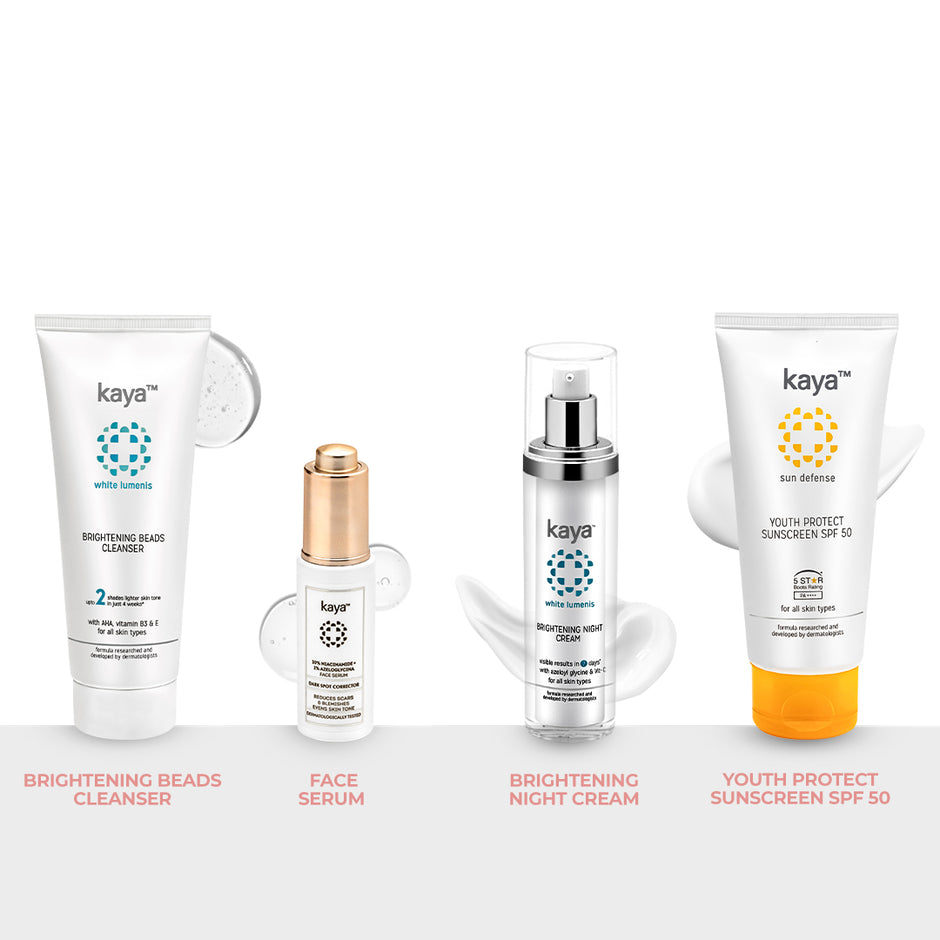Explore our dermatologist-backed formulations designed to help improve skin clarity and support an even complexion.
Understanding Dark Spots
Dark spots, also known as hyperpigmentation, are a common skin concern that can affect all skin types. These patches of discoloration occur when melanin—our skin’s natural pigment—is produced in excess. While dark spots are harmless, they can be frustrating, especially when they linger longer than expected.
What Are Dark Spots?
Dark spots appear as small, flat patches of skin that are darker than your natural complexion. They can range from light brown to deep black, depending on your skin tone and the cause behind them. While some spots fade over time, others may require targeted skincare solutions to speed up the process.
Common Causes of Dark Spots
Several factors can trigger excess melanin production, leading to dark spots. Understanding these causes can help in preventing and treating them effectively.
1. Excessive Sun Exposure
Dark spots from sun exposure are common, as UV rays trigger excess melanin production. When your skin is exposed to UV rays, it responds by producing more melanin as a protective barrier. Over time, this excess melanin can clump together, forming sunspots or age spots.
2. Aging
As we age, our skin’s ability to regenerate slows down. This can lead to an uneven distribution of melanin, causing dark spots to appear more prominently. Age spots, also known as liver spots, are common in people over 40, especially on areas frequently exposed to the sun.
3. Hormonal Changes
Hormonal fluctuations—especially during pregnancy, menopause, or due to birth control pills—can trigger melasma, a type of hyperpigmentation. These dark patches, often seen on the cheeks, forehead, and upper lip, are more common in women and can be difficult to fade without the right skincare routine.
4. Skin Inflammation
Post-inflammatory hyperpigmentation from acne, eczema, or minor skin injuries can leave stubborn dark spots that take time to fade. This happens when the skin produces excess melanin during the healing process, leaving behind dark marks long after the injury or breakout has healed.
5. Skin Dryness
A compromised skin barrier due to dryness can make your skin more susceptible to irritation and pigmentation. When the skin lacks hydration, it becomes more prone to damage, which can trigger uneven melanin production and, consequently, dark spots.
6. Acne Scars
One of the most common culprits behind dark spots is acne. Even after a breakout subsides, the skin may develop dark spots as a part of its healing process. The deeper the inflammation, the longer these marks can take to fade.
Reasons to Use Skincare Products for Dark Spots
Dark spots don’t fade overnight, and without the right care, they can linger for months or even years. While some pigmentation naturally lightens over time, targeted skincare products can accelerate the fading process and help prevent new spots from forming.
Here’s why incorporating dark spot removal products into your routine is essential:
ü Speeds up skin renewal and helps fade pigmentation faster.
ü Prevents dark spots from getting darker due to UV exposure.
ü Targets different types of dark spots, including sunspots, acne scars, and melasma.
ü Evens out skin tone by reducing discoloration and promoting a uniform complexion.
ü Strengthens and hydrates the skin to prevent irritation-induced pigmentation.
ü Supports long-term skin health by maintaining a clear and even complexion.
How Dark Spots Affect Different Skin Types
Dark spots don’t appear the same on everyone. Different skin types react to pigmentation in unique ways, which affects how quickly they fade and how they should be treated. Understanding how your skin responds can help in choosing the right dark spot removal products.
· Oily & Acne-Prone Skin – Frequent breakouts lead to post-inflammatory hyperpigmentation (PIH), which takes longer to fade. Salicylic acid and retinol help unclog pores and speed up skin renewal.
· Dry & Sensitive Skin – A weak skin barrier makes it prone to irritation-induced pigmentation. Hyaluronic acid, ceramides, and niacinamide restore moisture and even out skin tone.
· Combination Skin – Dark spots may appear differently on oily vs. dry areas. A balanced routine with targeted treatments is essential.
· Mature & Aging Skin – Slower cell turnover causes sunspots and liver spots to linger. Vitamin C, alpha arbutin, and peptides brighten spots and improve skin firmness.
· Melanin-Rich Skin – Deeper tones are more prone to hyperpigmentation, with dark spots taking longer to fade. Gentle exfoliation, sun protection, and brightening agents like azelaic acid help maintain an even complexion.
Tips for Choosing the Best Products for Dark Spots
Not all dark spot treatments work the same way, and choosing the right product depends on your skin type, pigmentation type, and active ingredients. The best formulations combine brightening agents, exfoliants, and hydrating ingredients to fade dark spots while keeping the skin healthy.
Look for these dermatologist-approved actives when selecting dark spot removal products:
-
Vitamin C – A powerful antioxidant that brightens skin and reduces pigmentation.
-
Niacinamide – Helps even skin tone while reducing inflammation and excess oil.
-
Hyaluronic Acid – Hydrates and strengthens the skin barrier, preventing irritation-induced pigmentation.
-
Glutathione – Supports skin brightening by reducing melanin production.
-
Alpha Arbutin – A gentle yet effective ingredient that lightens dark spots without irritation.
-
Azelaic Acid – Fights hyperpigmentation, calms redness, and gently exfoliates.
-
Salicylic Acid – Ideal for acne-prone skin, as it clears pores and prevents post-breakout marks.
-
Glycolic Acid – Exfoliates dead skin cells, promoting faster cell turnover for a brighter complexion.
For best results, choose products that combine these ingredients while ensuring hydration and sun protection to prevent further pigmentation.
Shop Now!
How to Use Skincare Products Effectively for Dark Spots
A consistent skincare routine is key to fading dark spots. While both morning and night routines help, nighttime skincare is particularly effective since the skin goes into repair mode, making it more receptive to active ingredients.
Morning Routine
1. Cleanser – Use a gentle, hydrating cleanser to remove impurities without stripping moisture.
2. Toner – A niacinamide-based toner can help soothe skin and reduce excess oil.
3. Vitamin C Serum – Brightens skin and protects against free radicals that worsen pigmentation.
4. Hydrating Serum – Hyaluronic acid keeps skin plump and prevents dryness-induced pigmentation.
5. Moisturizer – A lightweight, non-comedogenic moisturizer locks in hydration.
6. Sunscreen (SPF 30+) – The most crucial step to prevent dark spots from worsening due to UV exposure.
Night Routine
1. Cleanser – A mild exfoliating cleanser with salicylic or glycolic acid removes buildup and preps skin.
2. Toner – A soothing niacinamide or azelaic acid toner helps calm inflammation and even skin tone.
3. Dark Spot Treatment – Apply a targeted serum with alpha arbutin, azelaic acid, or glutathione to fade pigmentation.
4. Exfoliation (2-3 times a week) – A gentle glycolic acid or salicylic acid exfoliant speeds up skin renewal.
5. Moisturizer – A hydrating night cream with ceramides restores the skin barrier.
6. Retinol (if suitable) – Boosts cell turnover and helps fade deeper pigmentation over time.
Which Routine Works Best?
While the morning routine protects the skin and prevents further pigmentation, the night routine is more effective for treating dark spots. At night, the skin repairs itself and absorbs active ingredients better, allowing brightening agents and exfoliants to work more efficiently.
For best results, consistency is key—combine both routines with patience to achieve a clearer, more even complexion.
Do’s & Don'ts of Using Products for Dark Spots
Do’s
· Apply sunscreen daily to prevent dark spots from worsening.
· Use ingredients like vitamin C, niacinamide, azelaic acid, and glycolic acid for effective treatment.
· Follow a consistent routine for at least six to eight weeks to see results.
· Keep skin hydrated with moisturizers containing hyaluronic acid and ceramides.
· Patch test new products to check for irritation or sensitivity.
Don’ts
· Skipping sunscreen can make dark spots darker and cause new ones to form.
· Over-exfoliating with glycolic acid, retinol, or scrubs can damage the skin barrier.
· Picking or scratching dark spots can lead to further pigmentation.
· Using too many active ingredients at once can cause irritation.
· Expecting instant results can be discouraging, as fading dark spots takes time.
Recommended Skincare Products for Dark Spots from Kaya Science
Our products are co-created with dermatologists, built on science-backed formulae, and supported by 20 years of expertise to deliver effective solutions for dark spots and a radiant complexion. Explore our top recommendations below and elevate your skincare routine.
|
Product Name
|
Concerns
|
Key Ingredients
|
|
Gluta Glow Face Serum
|
Dark spots, dullness, uneven tone
|
Glutathione, Niacinamide & Alpha Arbutin
|
|
Hyperpigmentation Reducing Face Serum
|
|
Pigmentation Reducing Complex
|
Hyperpigmentation, uneven tone
|
Azelaic Acid, Phytic Acid
|
|
Dark Spot Face Cream
|
|
Brightening Night Cream
|
Pigmentation, dullness, dehydration
|
Vitamin C, Niacinamide, Hyaluronic Acid
|
|
Skin Repairing Night Moisturizer
|
|
Spot on Spot Gone Serum
|
Acne, inflammation, dark spots, oily skin
|
Salicylic Acid, Glycolic Acid, Zinc PCA
|
|
Acne Spot Corrector Face Serum
|
Achieve Clear, Even-Toned Skin
Dark spots don’t have to be a long-term concern. With the right skincare routine and targeted treatments, you can visibly reduce pigmentation and restore your skin’s natural glow. Explore our dermatologist-backed solutions and find the perfect match for your skin.
Shop Now
FAQs About Dark Spots
How do I prevent new dark spots?
Wear broad-spectrum SPF 30+ daily, use Vitamin C and Niacinamide, and avoid picking at acne or irritations.
How does hydration help fade dark spots?
Moisturized skin heals faster and resists irritation. hyaluronic acid and glycerin strengthen the skin barrier, preventing pigmentation.
How do I choose the right dark spot corrector?
Match ingredients to your skin type—Niacinamide for oily, Vitamin C for dry, and Alpha Arbutin for sensitive skin.
Why is sunscreen essential for dark spots?
SPF prevents existing spots from darkening and boosts treatment effectiveness by shielding skin from UV damage.










